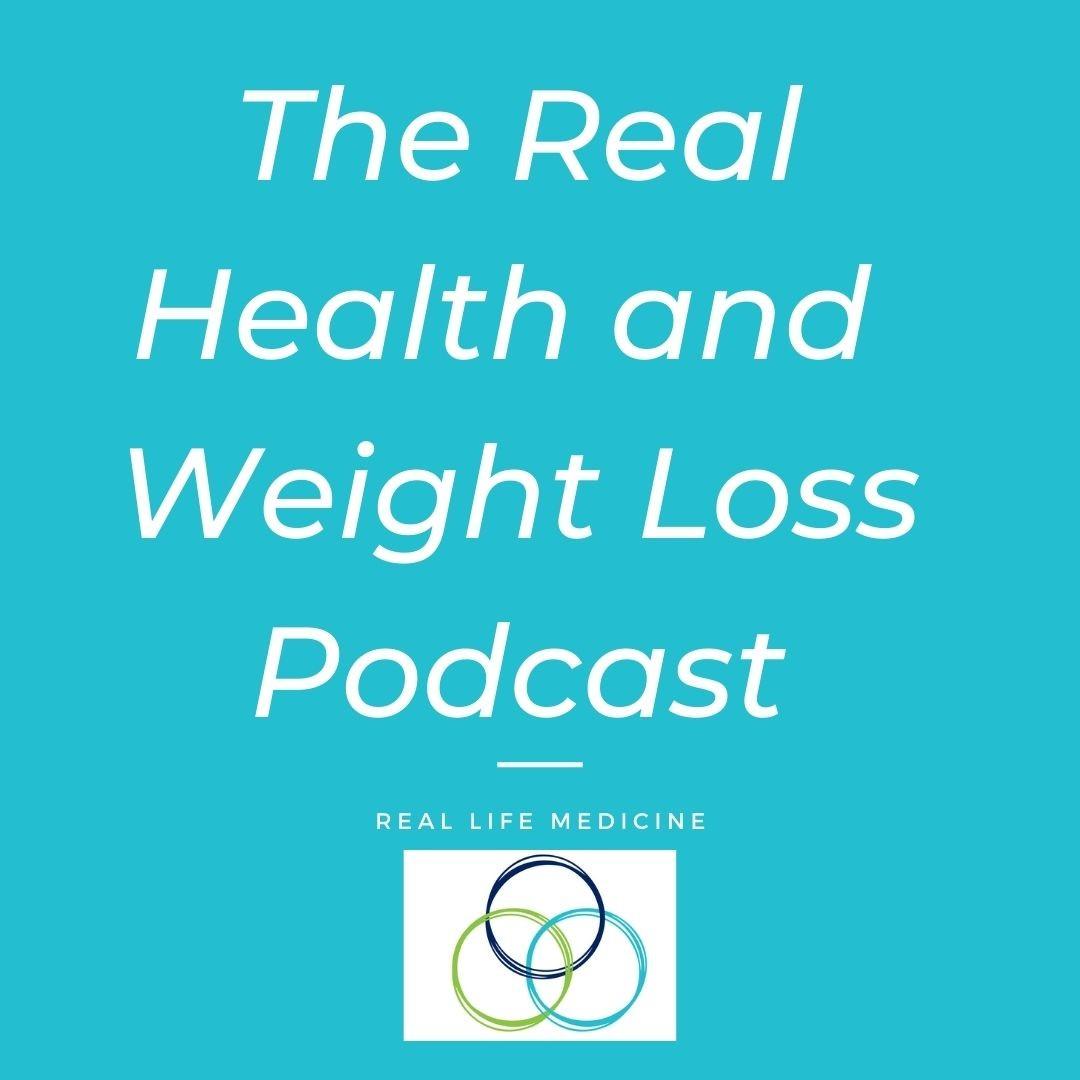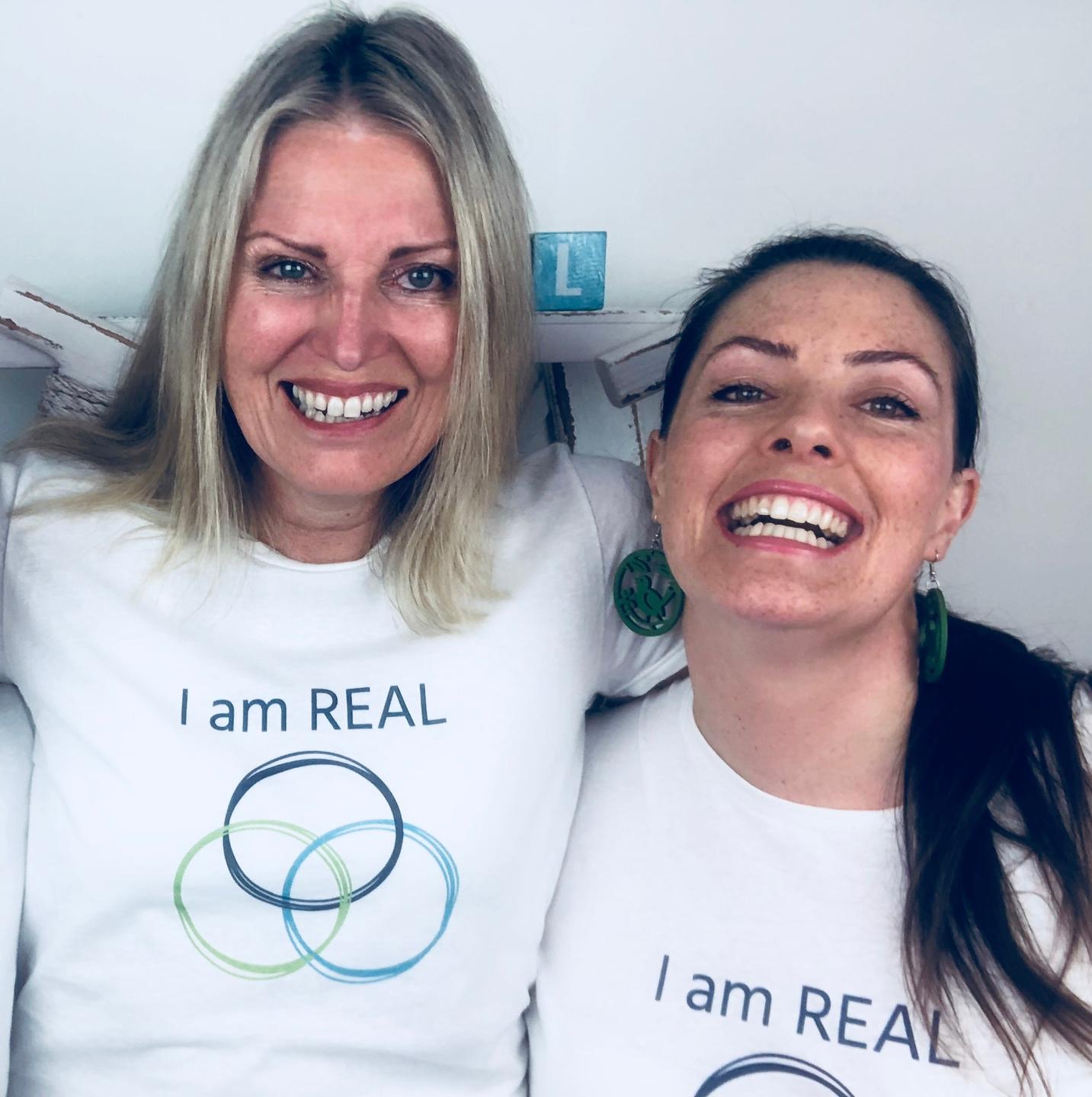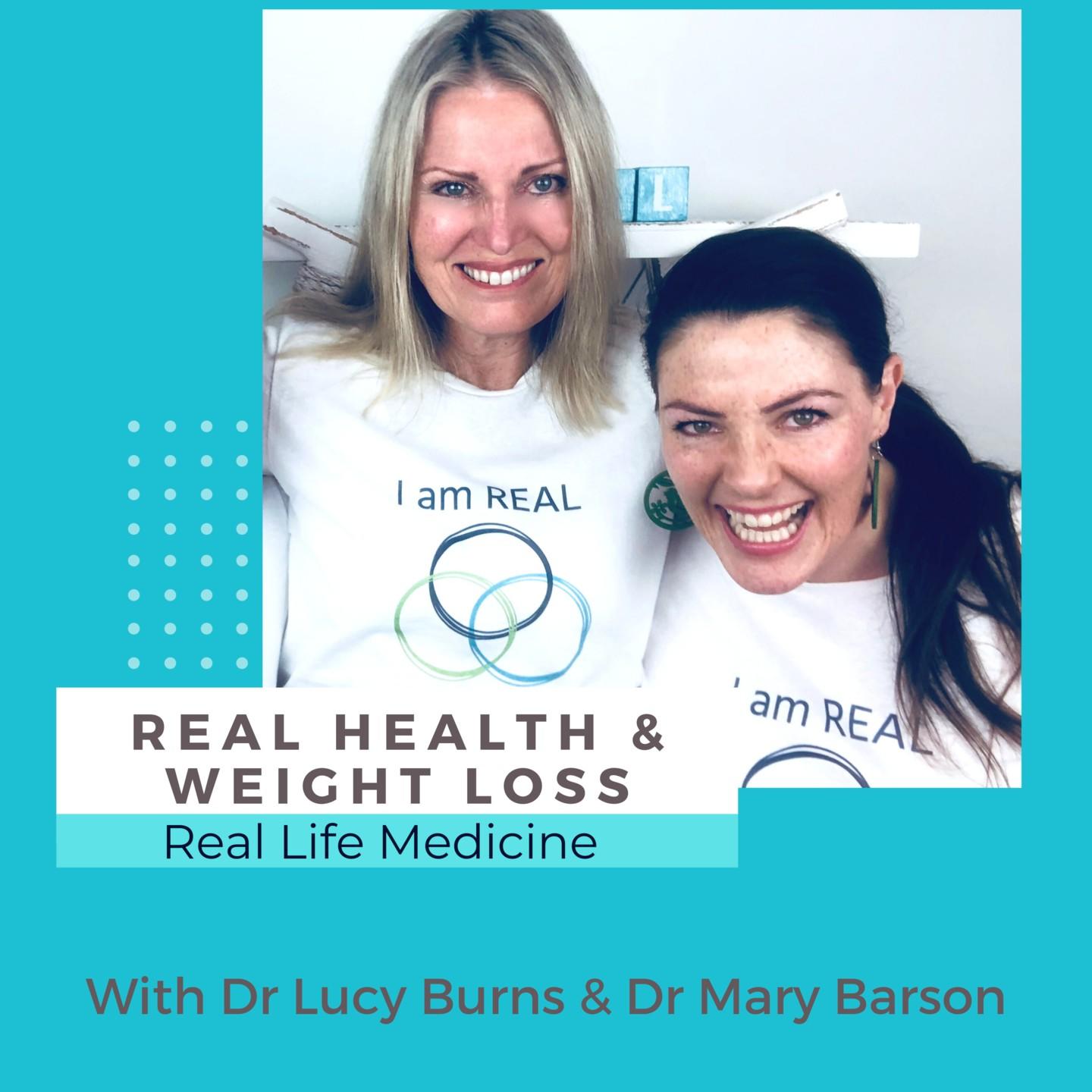



Episode 54 Summary
- What is relaxation? Whilst many people view relaxation as doing things like taking a bath, reading a book, or watching Netflix, active relaxation is a much deeper process that involves stimulating the relaxation pathway in our autonomic nervous system.
- Types of relaxation - active relaxation, mindfulness, guided meditation, progressive muscle relaxation.
- Why should we practice relaxation/meditation? Meditating or relaxing activates the parasympathetic, or "rest and digest" nervous system, which helps to counteract the damaging effects of the sympathetic nervous system, or stress pathway.
- Who can utilise relaxation? Why everybody is capable of experiencing deep and profound relaxation.
- How much relaxation is ideal? Why as little as 5 minutes per day is enough to obtain the pronounced benefits of relaxation.
- Physiological response to relaxation - reduced blood pressure, lowered cortisol levels, normalised blood sugar metabolism, lowered heart rate, emotional brain is less hypervigilant, emotional and thinking brain becomes better integrated with one another, improved digestion and gut function.
If you are interested in finding out more about hypnosis, check out our 31-day program, Hypnosis for Real Health and Weight Loss here







